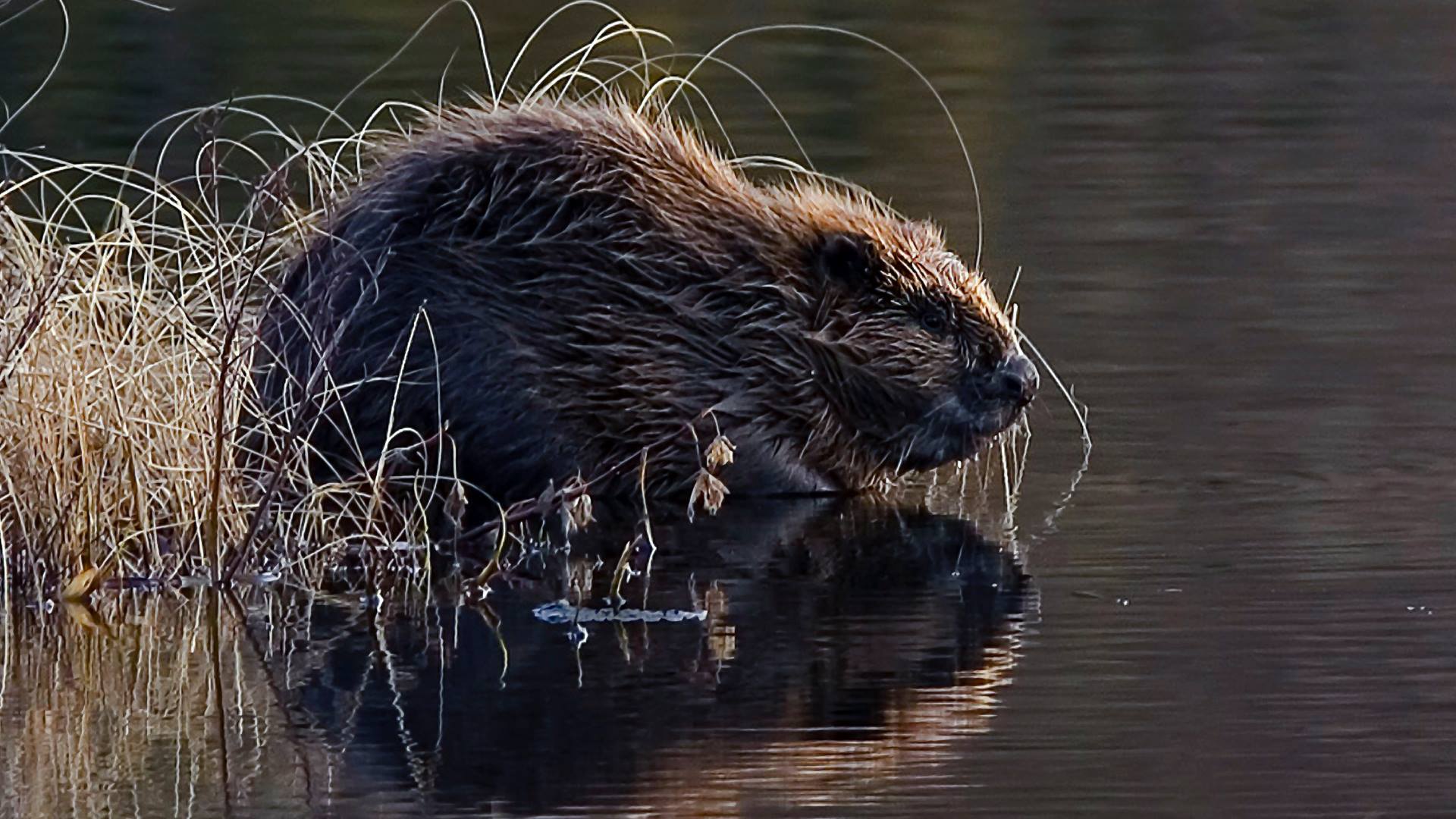A new study in Scotland provides robust evidence that beavers can resurrect damaged landscapes into biodiverse ecosystems.
Having studied the environmental effects of four re-introduced beavers over decade, scientists found an “almost unrecognisable” landscape by the end, with plants species up nearly 50% and increased wildlife across a 30 acre site.
Through their construction of elaborate damming systems, beavers regulate flooding and create wetland habitats that support dragonflies, otters, and the treasured yet endangered water vole. They can, quite literally, build ecosystems.
What’s more, it’s cost-effective. The researchers argue that some of our pricey management practices for wetlands can in fact be taken care of by beavers, who most likely won’t be expecting a cheque in the post.
One of the scientists involved in the study, Nigel Willby from Stirling University, stressed the ecological importance of wetland habitats: “Wetlands serve to store water and improve its quality – they are the ‘kidneys of the landscape’”.
The research, published in Science of the Total Environment, consisted of systematic surveys of a site where two beavers had been released in 2002, close to Blairgowrie in Tayside. The scientists concluded that reintroducing beavers “offers a passive but innovative solution to the problem of wetland habitat loss that complements the value of beavers for water or sediment storage and flow attenuation. The role of larger herbivores has been significantly overlooked in our understanding of freshwater ecosystem function.”
In the 17th century beavers were hunted to extinction in the UK, leading to a peculiar situation where, despite being advantageous for the wildlife around them, they had lost their ‘native status’ and most reintroductions were thus deemed illegal. This however, did not stop a few unruly beaver-lovers who are partly responsible for the fact that Scotland is now home to hundreds of dam-building critters. It was only late last year that beavers were granted ‘native status’, an act that was hailed by conservationists across the country.
This latest research not only points to the conceivability of bringing back long lost species to the UK – the wolf and lynx are next on the cards – but it also demonstrates the way in which ecological systems can fix themselves when missing ingredients are brought back into the mix. Clearly there’s still space for more large mammals in this seemingly densely-packed island that is Britain.


